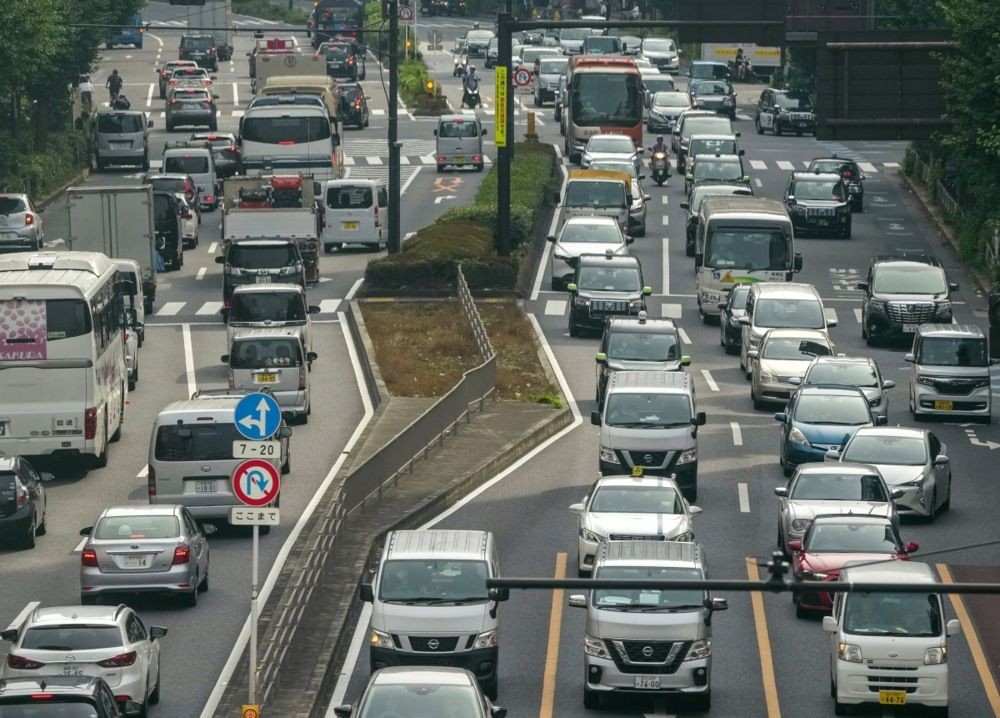 |
| Recent opinion polls have shown that inflation remains the biggest concern for Japanese voters. (Source: EPA) |
The session will run until Dec. 13, with opposition parties expected to debate Prime Minister Fumio Kishida's government over the effectiveness of the stimulus package he plans to finalize by Nov. 2 for the Diet. They are also expected to question several new ministers who took on key posts in a cabinet reshuffle last September.
The focus of this session will be on the debate over Prime Minister Kishida's proposed economic stimulus package to tackle rising inflation. Experts say the economy will be at the core of the discussions in parliament this time, as recent opinion polls have shown that inflation remains the biggest concern for Japanese voters.
Tokyo is likely to face questions on a number of issues - from new economic measures to defense funding and social security spending - from the Budget Committee and Diet members.
Tackling the impact of rising prices has become a top priority for Prime Minister Fumio Kishida. Public opinion polls show economic trends have hit his popularity in recent weeks, and whether his low approval ratings will rise further remains an open question.
On October 17, after weeks of internal consultations, two parties in Japan's ruling coalition, including the Liberal Democratic Party (LDP) and the Komeito Party - its junior partner - submitted a proposal for an economic package to the prime minister.
Based on these proposals, Mr. Kishida will submit a preliminary blueprint of the government's economic management measures to both the House of Representatives and the House of Councilors on October 23, before a formal decision is made at a Cabinet meeting.
Prime Minister Kishida has repeatedly stressed the need to abandon an economic model built on cost cutting. He has argued that the fruits of economic growth need to be returned to voters, pointing to data showing rising government tax revenues. His comments have sparked talk of cutting income taxes or even temporarily halving the consumption tax from the current 10% to 5%.
Although the tax cut will not be included in the two motions submitted on October 17, it will still be at the heart of discussions within the ruling party coalition.
After meeting with Kishida, Komeito's policy chief Yosuke Takagi weighed in on the effectiveness of an income tax cut as a means of boosting workers' disposable income, while his LDP counterpart Koichi Hagiuda also suggested that such a move would not be ruled out.
LDP Secretary-General Toshimitsu Motegi, however, dodged questions on the subject. “I think it is important to decide what the target is, and if we are in a bad situation now, the immediate priority is to improve it,” Motegi told reporters, adding: “This stimulus package should include measures that have an immediate impact.”
The specifics of the economic stimulus package are expected to be finalized in the coming weeks after further internal debates, after which the Japanese government will submit to the Diet a budget proposal needed to cover the spending.
On October 19, the Constitutional Democratic Party of Japan (CDP), the largest opposition party, presented a plan to counter the ruling coalition's economic stimulus package. CDP leader Kenta Izumi stressed that economic support should be targeted at low-income households and those raising children, and include measures to reduce the burden of energy-related costs on people.
Ahead of the parliamentary session, Nippon Ishin no Kai Secretary General Fumitake Fujita criticized the LDP's plan, calling it a "betrayal" of the party's long-standing budget strategies to win over voters.
“We believe it is time to abandon the practice of setting up special tax and subsidy measures in various sectors, including industry associations,” Mr. Fujita told reporters. Mr. Ishin is also expected to submit an economic plan from his Nippon Ishin no Kai party that calls for free insurance and a reduction in the consumption tax to 8%.
Source


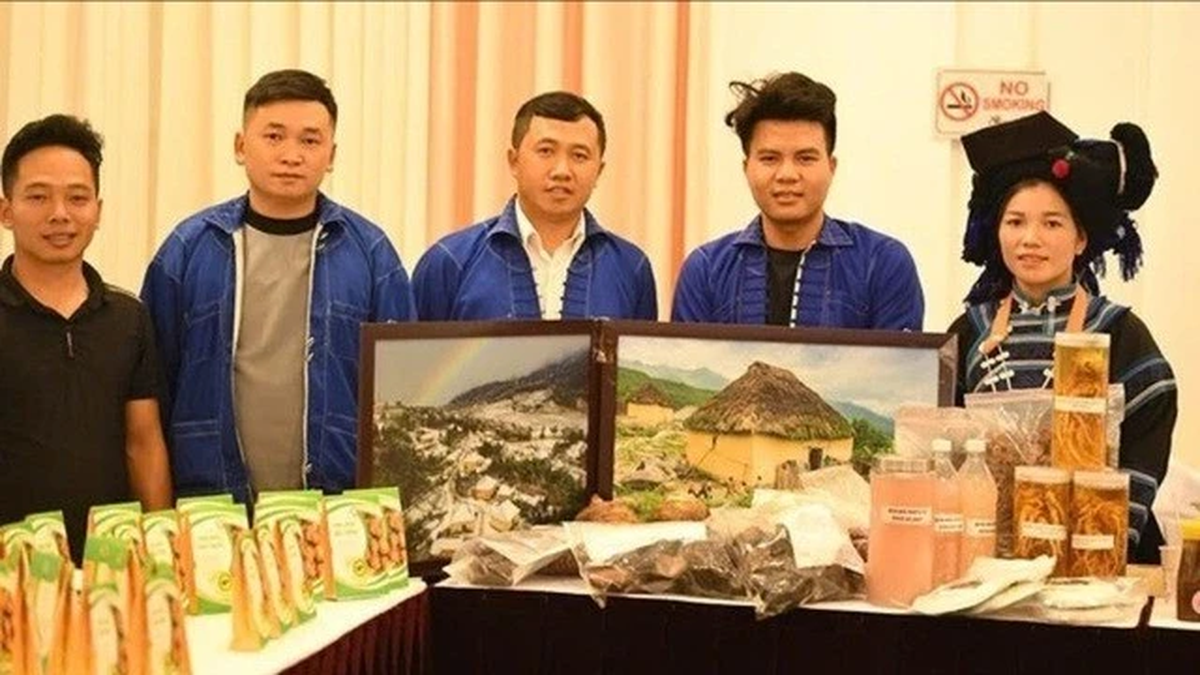

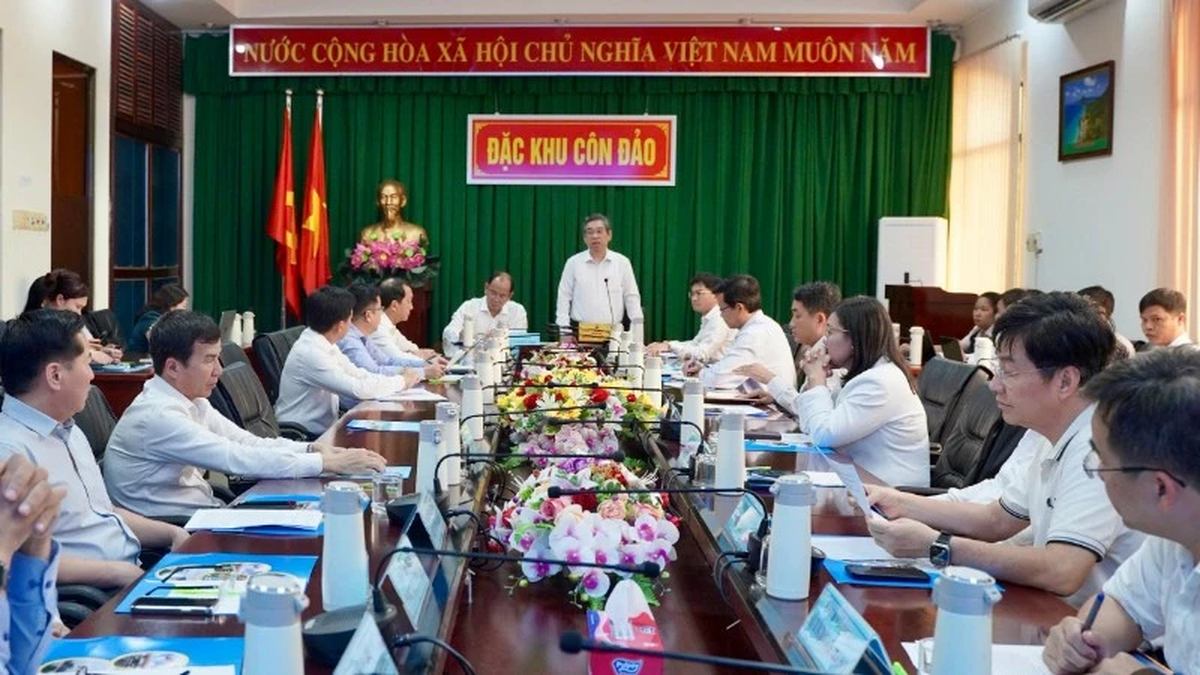
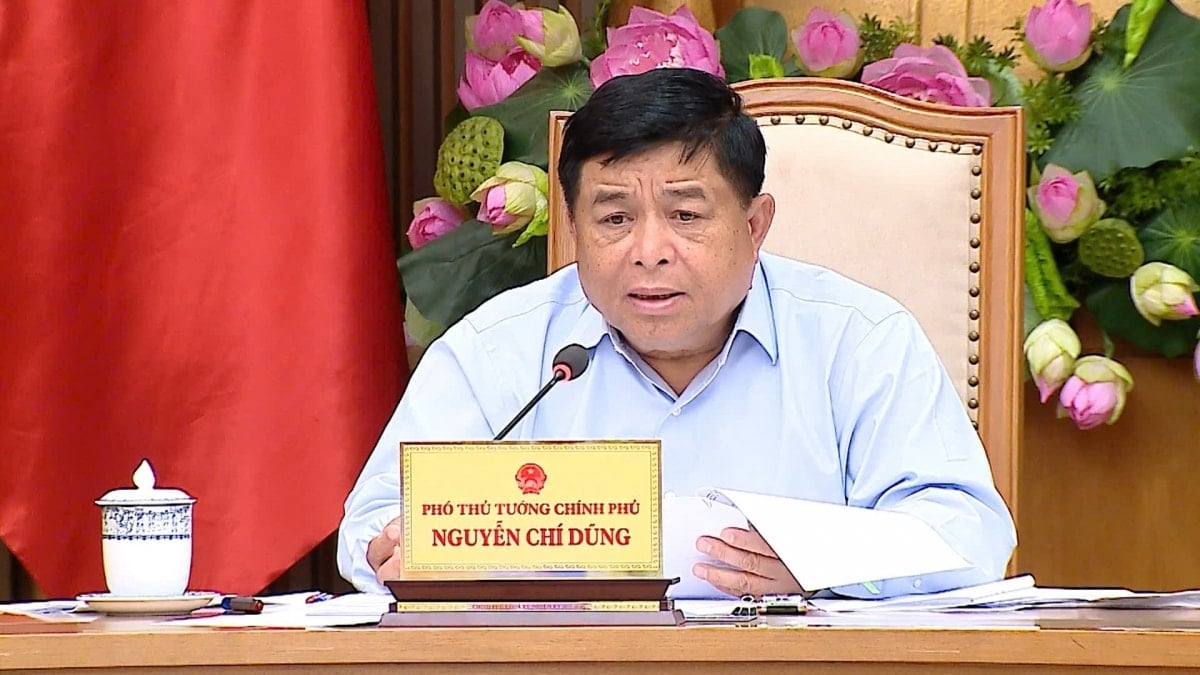
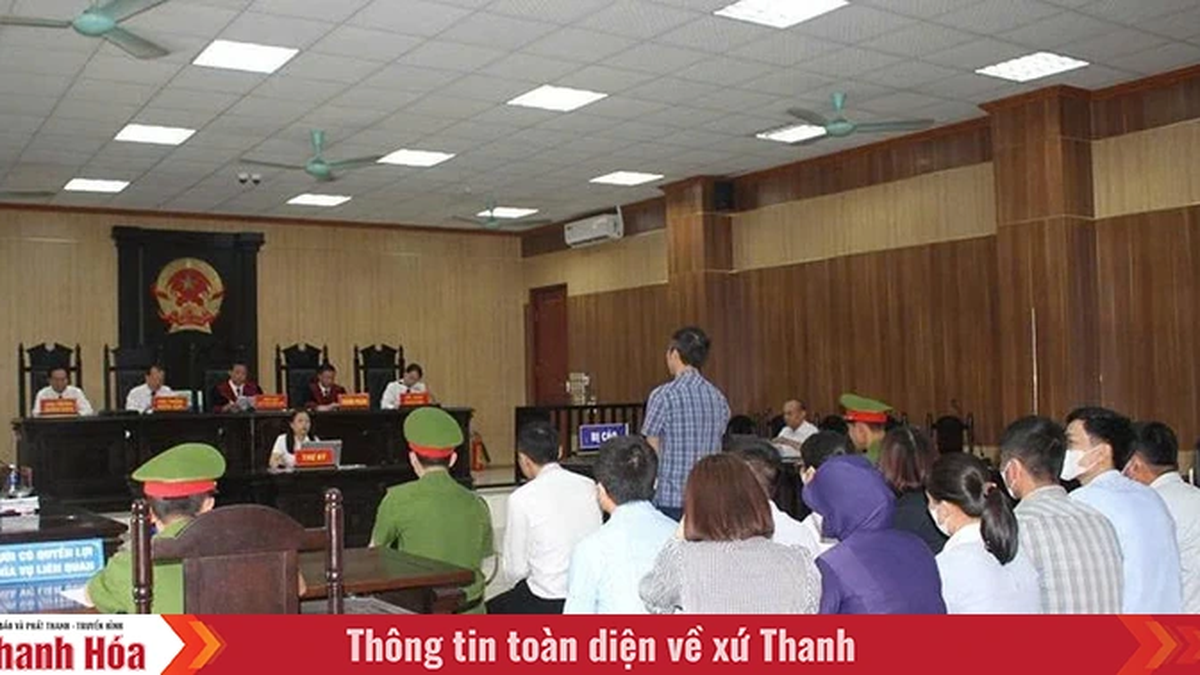



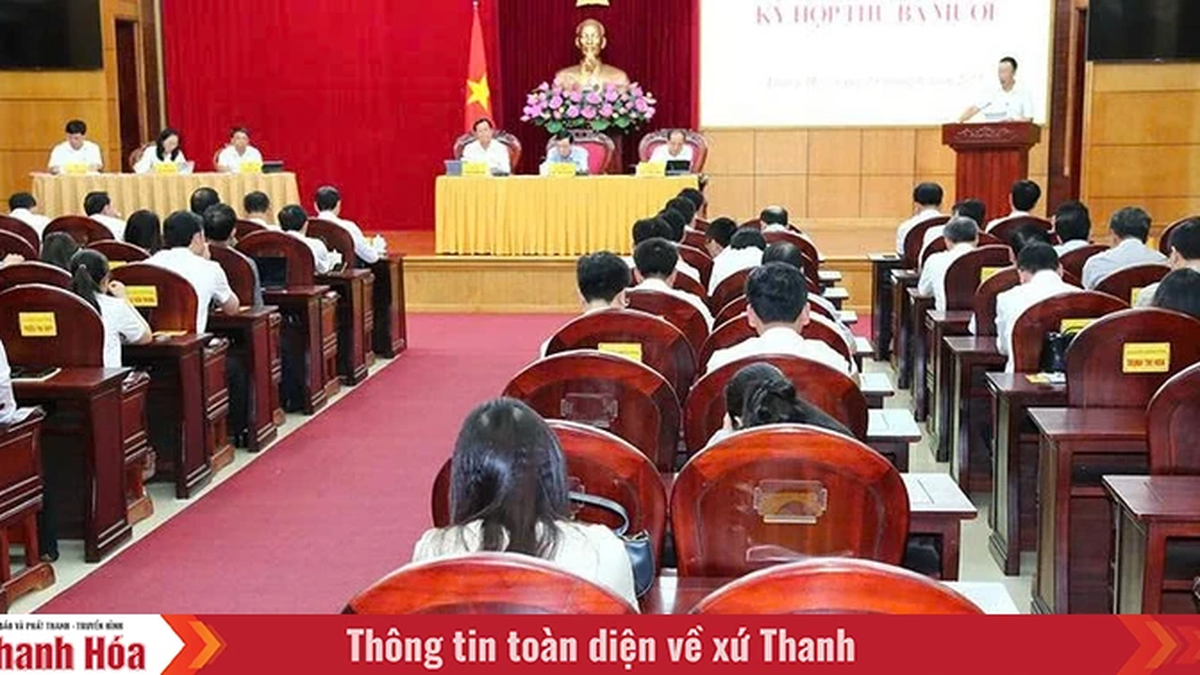








































![[Maritime News] More than 80% of global container shipping capacity is in the hands of MSC and major shipping alliances](https://vphoto.vietnam.vn/thumb/402x226/vietnam/resource/IMAGE/2025/7/16/6b4d586c984b4cbf8c5680352b9eaeb0)













































Comment (0)